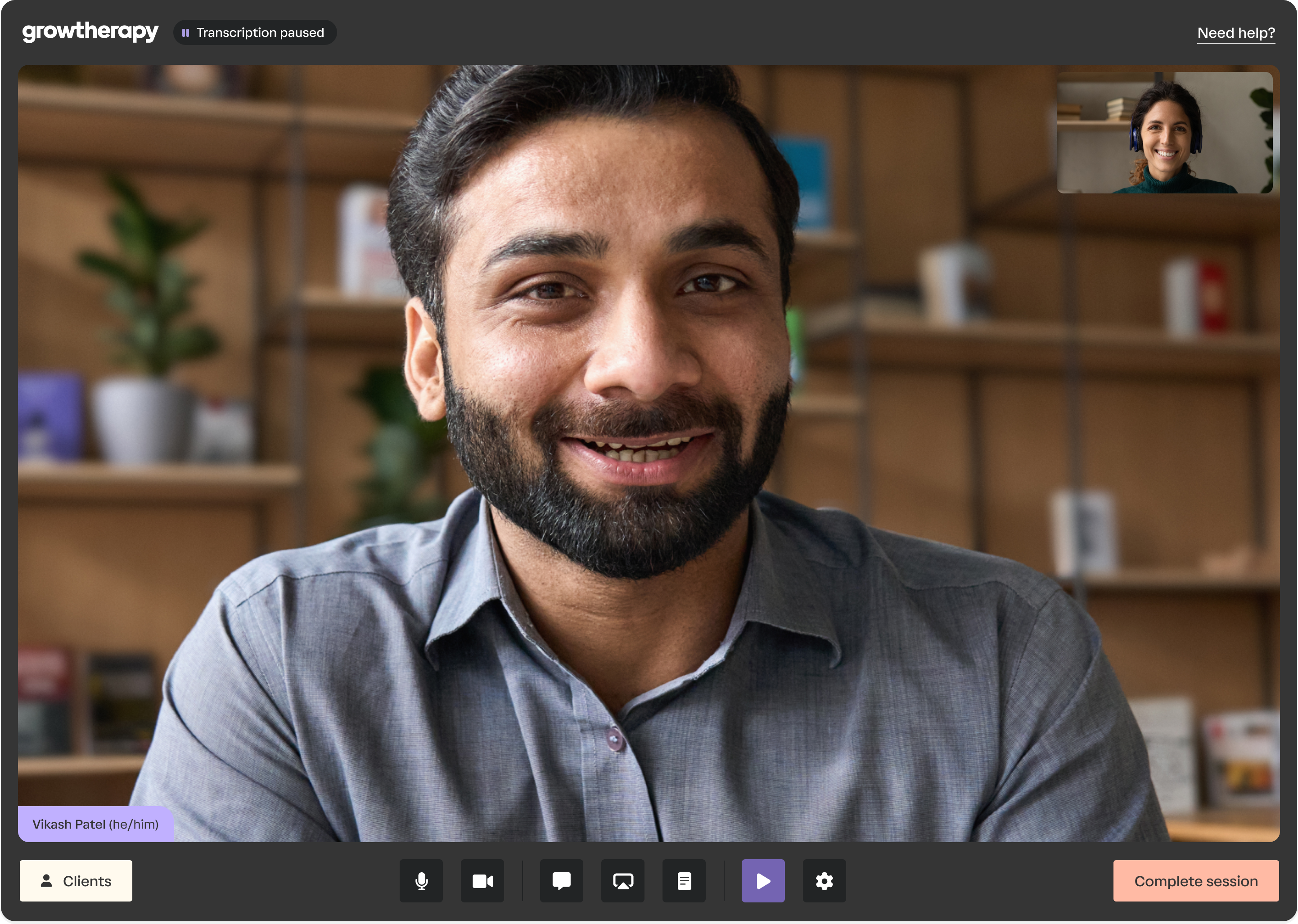Grow Therapy Rolls Out AI Tools to 17K Mental Health Care Providers

Grow Therapy is bringing a popular AI tool to one of medicine’s most sensitive specialties.
The mental health technology company recently rolled out two new AI-assisted products to its network of more than 17,000 behavioral health care providers. Both products are driven by ambient listening technology, translating sessions into drafts of clinical notes and after-visit summaries for patients.
Ambient listening technologies—sometimes referred to as “AI scribes”—have been embraced by health care organizations around the country. In many cases, they’ve been proven to reduce provider burnout and improve the quality of patient interactions.
Several vendors offer their own spin on the tech, but Grow Therapy decided to develop its stack internally, CEO Jake Cooper told Newsweek in an exclusive interview February 12.
The company noticed that when providers were fully present in sessions, they formed stronger therapeutic relationships with patients, according to Cooper. Top providers were also typing up key takeaways from each session to share with patients—learnings from a therapy session are more effective when they’re reinforced.
Those observations led Cooper and his team to ask: “Is there a way that we can make it easier for every one of our providers to incorporate this into their practice?”
One hundred providers took part in the initial development efforts, helping to refine the AI tools for their practices. After several months, the products were expanded to a group of 3,000, and on February 5, they became available to all Grow Therapy providers.
The Unique Challenges and Opportunities of AI in Behavioral Health
Health care data is inherently sensitive, but behavioral health care data is especially delicate. Patients share personal details of their lives in therapy sessions—and the AI tools were developed with that trust in mind, Cooper said. The tools are entirely optional and require dual consent, meaning both the patient and provider must opt in to activate the ambient scribe.
In addition, the AI products were designed to be leakproof amid the rising tide of health care data breaches. Sessions are never recorded, and transcribed notes are the only evidence stored in Grow’s system, Cooper said. All data is encrypted to protect patients’ privacy.
Pat Grady, a partner at Sequoia Capital who works on AI strategy at the firm—and led Grow Therapy’s Series C funding round—agreed that mental health care providers should be “very deliberate” about how they deploy and present AI interventions.
“It’s not like the consumer internet where you can just release something and see how it goes,” Grady told Newsweek. “The stakes are much higher. Trust is really important.”
In the first two weeks of full AI implementation, about 50 percent of patients have opted in to the tools, according to Cooper. He expects to see a “natural gain in adoption” as providers grow more comfortable with the tool and share its impacts with patients.
The company will use various proxies to determine the tools’ impacts on patient care, including patient satisfaction ratings, self-reported measures of acuity and the percentage of patient-provider pairs that develop long-lasting therapeutic relationships.
Grow also hopes the tools will have a positive impact on providers.
“There absolutely is burnout, with respect to both the heaviness and emotional weight providers are carrying, and respect to the multitude of administrative responsibilities they have,” Cooper said. “We do our best at Grow to simplify practice for providers on the book side so they can focus on what they care most about, which is connecting with patients.”
Sensitivity aside, behavioral health care really lends itself to AI because the treatment is language-based, Grady said. That’s a type of data that large language models, or LLMs, can understand and learn from.
“The care itself is text in, text out,” Grady said. “It’s a bull’s-eye for what AI can do.”
But fear not—Grow Therapy won’t be replacing your therapist with a chatbot anytime soon.
“We think that therapy is effective because it is human-centered,” Cooper said. “We always see the clinician being the quarterback of care and chiefly responsible for providing care to patients.”
Update 2/19/2025, 5:54 p.m. ET: This article was updated to reflect Pat Grady’s role at Sequoia Capital.
link



